Dear WinkWorld Readers,
Sometimes this blog has tidbits which interest some of you. Sometimes, not so much. However, WinkWorld also serves as a library of ideas which interest me. Once, I create a blog on a topic, it is easy for me (and for you) to access. Just find the Search Button, bottom left of my first web page, and type in a word or phrase and see what happens.
For years, I have heard the dominant voice warning us of a STEM (science, technology, engineering, and math) crisis, while simultaneously I have read researchers suggesting that this might not be true. Heresy! I know that the future will need skills for jobs, which we cannot even imagine. Our grandkids are dutifully taking algebra, geometry, calculus, chemistry, and doing well. Our son is a plant scientist. Please, please, please do not tell any of them that I took no math in undergrad, and only a little science. Yes, statistics classes during my doctoral studies were a challenge, but I got so I could “do” those problems without ever understanding what I was doing. All I knew was that I got the correct answer, and the prof was pleased. However, in my career when it really mattered, I learned to read, analyze, and interpret the research, which still fascinates me. The truth is that in my entire life (and, it has been a very good one), I have had very little need for STEM.
As I learned from Ken and Yetta Goodman of the University of Arizona, teaching and learning which matters is:
meaningful
purposeful
relevant
and, respectful.
And, I have learned from Stephen D. Krashen and life, the type of reading which matters is:
compelling
and, comprehensible.
These 6 words (pedagogical principles) guide my teaching and learning.
So, back to STEM, as is my custom, I am connecting my pedagogical principles (what I believe to be true about teaching and learning) to what I am reading about STEM. Trust me: This will not interest all of you.
http://issues.org/29-4/what-shortages-the-real-evidence-about-the-stem-workforce/
A simple search online will bring up many articles seeking to understand: Is there really a STEM crisis?
Along the same lines, as I love philosophy, and it bother me that many do not read these BIG IDEAS which guide humanity. But, many would say that a philosophy will not lead to a good job.
Click here is to see if that is true.
OK, enough for tonight. Thanks for thinking with me.
Maybe next week, I’ll have pictures of prairie animals again. Time to finish the 2nd edition of “Finnish Lessons 2.0: What Can the World Learn from Educational change in Finland” by Pasi Sahlberg.
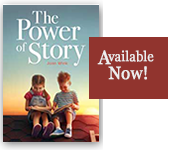
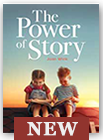
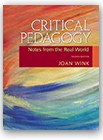
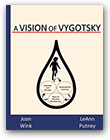

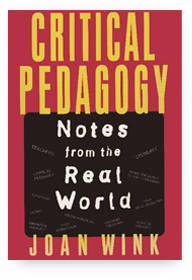
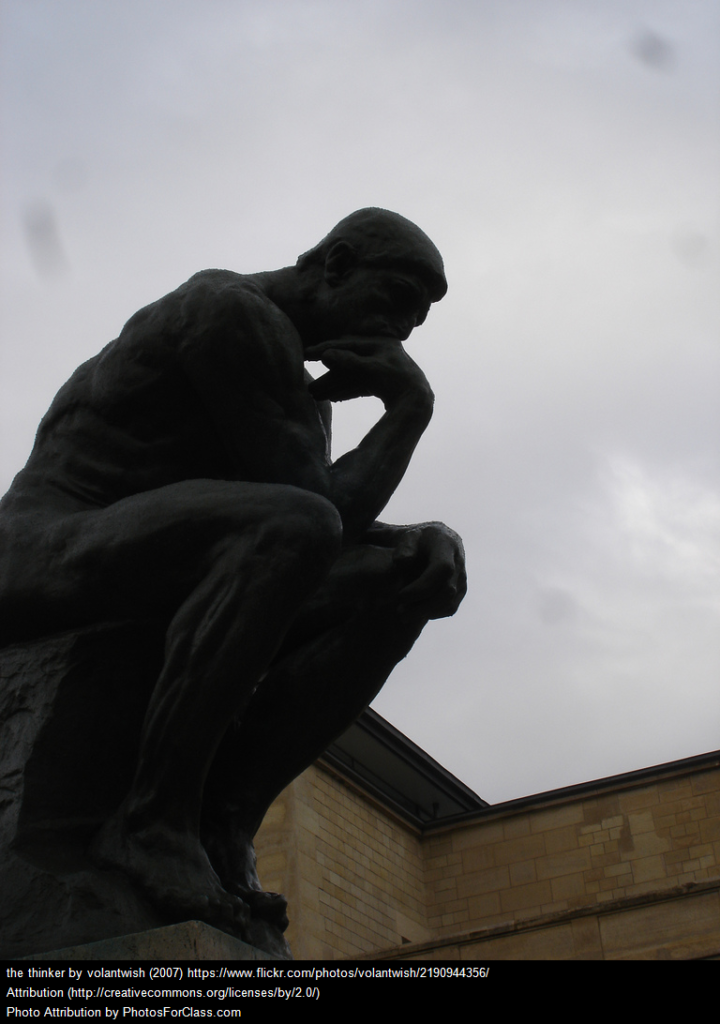
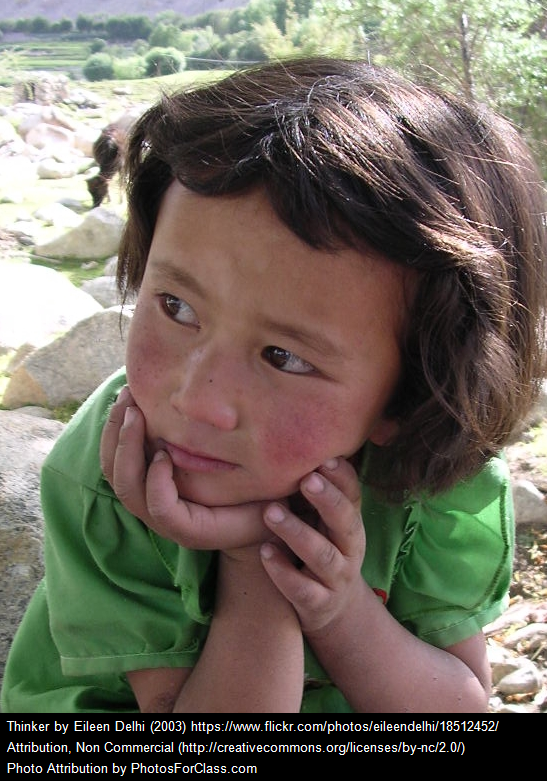

at 2:19 pm
I think about you often because you inspired my teaching while I was a student at Stan. State, and your unconditional friendship. And I love thinking about you now living in such a beautiful place. Thank you for Wink World. I rarely respond but I read every one of the posts.
at 12:39 am
Hi Sarah, what a lovely comment. I am happy that you are reading and making connections to your own world. I always remember the first time we met. On the first night of class, you and the other grad students tried to squeeze into that small classroom. It soon became evident that we could not fit, and I know I had to adjust/find another room, and I knew it would take time. As the other students tried to find room in the class, you took out your cello and simply started playing. It really was like magic as the music took over the class. We must have found another classroom somewhere, but I do not remember. However, I sure do remember your music. It was the beginning of a long and great friendship!
at 3:26 pm
Yes, and especially with the iGen kids who relate only to their phones.
at 12:36 am
Yes, Barb, a worry for sure.